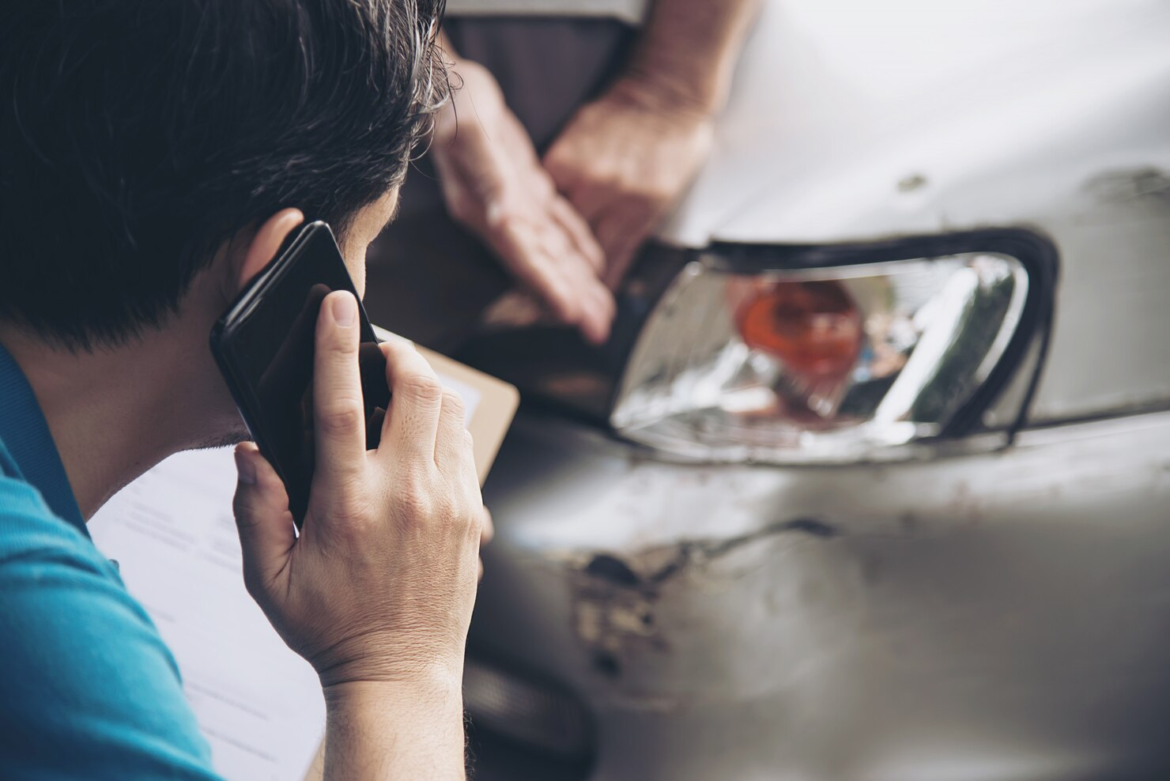People who have been in car accidents often can’t think straight and don’t know what to do next. But you need to do the right things to stay safe, protect your rights, and limit the damage that will last. Here are main things you should do after a car crash.
1. Stop
In many countries, it is illegal to drive after a crash without stopping. You have to stop if you are driving and an accident happens that hurts or damages someone or something other than itself and you.
Remember that if you are in a car accident, you should stop, take a deep breath, and either turn off the engine right away or move your car to the nearest safe place. When it is safe to do so, you should put on your warning lights and get out of your car.
2. Seek medical help
Luckily, most injuries from car accidents aren’t too bad. Neck pain and whiplash are the most common. But sometimes more serious injuries happen in car crashes than just bumps, bruises, and cuts. If you or anyone else in the crash passes out, has trouble breathing, or is badly hurt in any other way, call 911 right away.
Injuries that don’t seem too bad at first can get worse over time or be more serious than they seem. After an accident, you should get the right medical care as soon as possible.
3. Don’t say you’re guilty
If you admit fault at the scene of the accident, it could hurt any claims you later decide to file. Personal injury law’s main goal is to pay people who have been hurt because of someone else’s carelessness. It will be hard to get the court to believe you if you say the accident was your fault. It doesn’t matter if it’s not your fault.
4. Exchange of information
The road traffic act says that anyone who is involved in a car accident has to give their name and address, as well as the name and address of the car’s owner, and the car’s identification marks to anyone who has a good reason to ask for them. Along with your own information, make sure to write down the information of anyone else who saw or heard about the accident.
5. Picture the scene
Take pictures of the accident scene so that you can use them as proof in any personal injury claims that you make later. You can take photos with timestamps of any dangerous or faulty road conditions, damage to your car or property, damage to other cars, and any injuries you or others get.
6. Call the police
Road traffic rules say that you have to tell the police about an accident within 24 hours if you don’t give them your information at the scene. You might be breaking the law if you don’t do this.
7. Let your insurance company know
If you have insurance, you usually have to tell your insurance company about the crash, even if you don’t want to make a claim. You could lose your protection if you don’t. You should carefully read the text of your policy papers to see if there are any dates or standards for reporting.
8. Keep records
It will help if you write down all the physical or financial effects of your accident in the weeks and months that follow, even if they seem small. There should be as much information as possible. If you make a car accident compensation claim after the crash, your papers from that time will be used to back up what you say.
9. Talk to a lawyer
At first, many people don’t want to make a personal injury claim because they don’t want to be called a “ambulance chaser.” No one should be able to stop someone from getting pay for harm caused by someone else’s carelessness. It is clear from the law that anyone hurt in an accident that wasn’t their fault should get paid for it.
Filing a personal car crash injury claim is not a sneaky way to make money off of your injuries. This is a strong way to make people who hurt you answer for their actions. The harm you get is not an extra benefit. The money you get from them is what the law says you should get.




